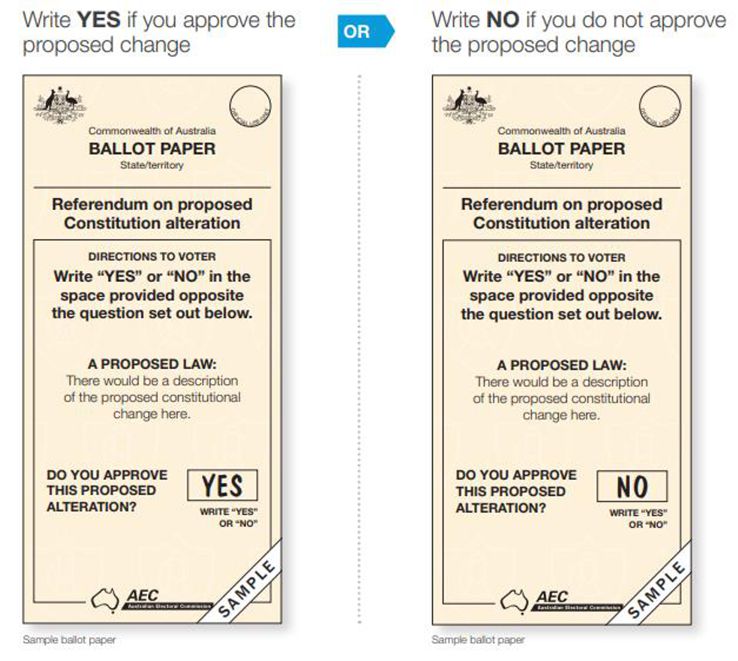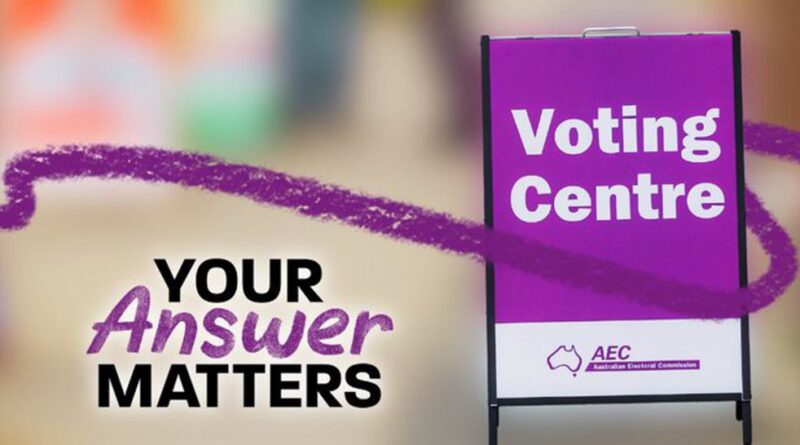2023 Referendum: How to make your answer matter
Voters from culturally and linguistically diverse (CALD) backgrounds are reminded that Saturday 14 October is referendum voting day, and support is available to help all Australians participate.
Australian Electoral Commissioner Tom Rogers is encouraging people to plan their vote and learn how to correctly complete the ballot paper.
“Federal referendums are in-person events just like elections – this is the first time the country is coming together in nearly a quarter of a century to have their say on potential Constitutional change,” Mr Rogers said.
“All citizens aged 18 and over must vote in the referendum, and correctly completing the ballot paper is the only way to make sure your answer matters.”
Follow the voting instructions
When you go to vote, you’ll receive one ballot paper with one question. The question will ask if you approve the proposed alteration to the Constitution. On the ballot paper, you need to indicate your vote by clearly writing either ‘Yes’ or ‘No’ in the box, in full and in English.

Don’t worry if you make a mistake on your ballot paper. Ask a polling official for a replacement and start again.
Voting options
If you can’t make it to a polling place on Saturday 14 October, you may be eligible to vote at an early voting centre or apply for a postal vote. Early voting runs from Monday 2 – Friday 13 October.
Hundreds of early voting centres are now open across Australia. Locations, opening days and hours are available at aec.gov.au/early
You can apply for a postal vote at aec.gov.au/referendums/postal-voting. Applications close at 6pm local time on Wednesday 11 October.
Australians who will be overseas can apply for a postal vote or go to an overseas voting centre (opening dates and times will vary). While voting in a referendum isn’t compulsory for Australians overseas, you should complete an overseas notification form if you’re unable to vote. More information is at aec.gov.au/overseas.
Stop, check and consider
The AEC doesn’t regulate the content of referendum communication, including deciding what is true or false. However, the AEC’s ‘stop and consider’ campaign provides tips to help people identify potential disinformation.
“We have translated factsheets on our website about this, as well as a ‘disinformation register’ to correct the record on mistruths,” Mr Rogers said.
“Importantly, everyone plays a role in reducing disinformation. Voters should always ask themselves – is it from a reliable source? When was it published? This will help you make an informed choice when you cast your vote.”
More information
Translated resources in 34 languages are available at aec.gov.au/translated and telephone interpreter services in your language are available at 1300 720 153.
Translated resources include the Referendum Booklet, which contains the yes and no cases submitted by parliamentarians and the official guide with important voting information.



